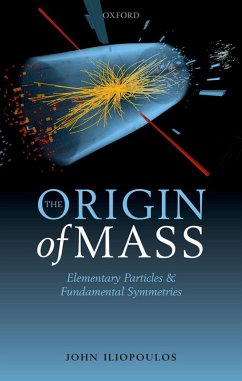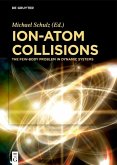The discovery of a new elementary particle at the Large Hadron Collider at CERN in 2012 made headlines in world media. Since we already know of a large number of elementary particles, why did this latest discovery generate so much excitement? This small book reveals that this particle provides the key to understanding one of the most extraordinary phenomena which occurred in the early Universe. It introduces the mechanism that made possible, within tiny fractions of a second after the Big Bang, the generation of massive particles. The Origin of Mass is a guided tour of cosmic evolution, from the Big Bang to the elementary particles we study in our accelerators today. The guiding principle of this book is a concept of symmetry which, in a profound and fascinating way, seems to determine the structure of the Universe.
Dieser Download kann aus rechtlichen Gründen nur mit Rechnungsadresse in A, B, BG, CY, CZ, D, DK, EW, E, FIN, F, GR, HR, H, IRL, I, LT, L, LR, M, NL, PL, P, R, S, SLO, SK ausgeliefert werden.









